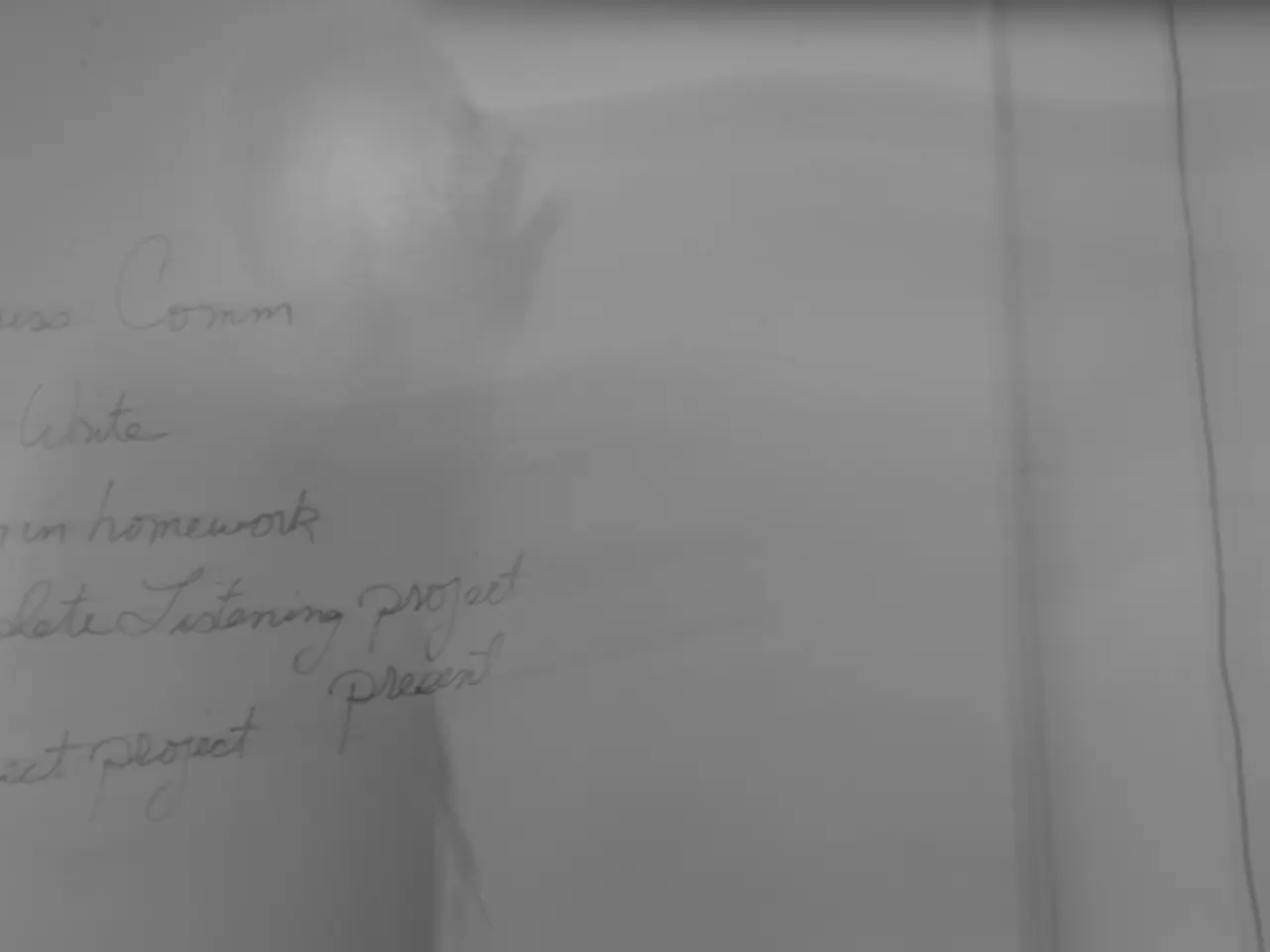BRICSCountries Proceed With Caution as Trump Threatens 10% Tariff Hike for 'Anti-American' Practices
In a significant escalation of trade tensions, President Donald Trump has announced that he will impose an additional 10% tariff on any country aligning themselves with the policies of the BRICS bloc (Brazil, Russia, India, China, and South Africa), with no exceptions to this policy [1][2][4]. However, Trump has not explicitly detailed what specific policies within the BRICS bloc he considers "Anti-American."
The BRICS bloc, which held its annual summit in Rio de Janeiro on Sunday, expanded in 2023 to include five new members: Egypt, Ethiopia, Indonesia, Iran, and the United Arab Emirates [6]. One major issue between the U.S. and BRICS is the bloc's stance against unilateral U.S. tariffs and trade measures, which BRICS leaders say distort trade and violate World Trade Organization (WTO) rules [1][2][4]. Additionally, BRICS is pursuing efforts to reduce reliance on the U.S. dollar, a key point of contention for Trump [1][2][4].
Trump's tariff threat targets any countries aligning with BRICS' policies, effectively the entire bloc plus any allies supporting its agenda [4][2]. In a Truth Social post in November, Trump attacked the BRICS group and the suggestion of a potential BRICS currency [3]. Trump's post did not clarify if he intends to impose levies on all members of BRICS or if he has issues with specific policies [3].
On Thursday, Trump announced that his administration will start sending out letters on Friday informing trading partners about the tariff rates they will face from August 1 [2]. Trump warned that any efforts to replace the dollar as the primary currency for international transactions would result in a 100% tariff rate [1].
Notably, Russian President Vladimir Putin and Chinese President Xi Jinping did not attend the BRICS summit, while Iranian President Masoud Pezeshkian skipped the event due to U.S. and Israeli strikes on his country [1].
In a recent interview, Trump said the unilateral levies "range in value from maybe 60 or 70%...to 10 and 20%" [2]. The BRICS declaration condemned the strikes on Iran and the increase in tariffs, but did not mention Trump's name directly [1].
This move by Trump reflects his administration's stance against what he views as economic threats to U.S. interests from the BRICS coalition. The implications of this decision on global trade and geopolitics remain to be seen.
| Aspect | Details | |----------------------------|---------------------------------------------------------------------------------------------| | **"Anti-American" policies** | Unilateral U.S. tariff opposition, efforts to reduce U.S. dollar reliance, WTO rule criticism | | **Countries targeted** | All BRICS members + countries aligning with BRICS policies (Brazil, Russia, India, China, South Africa, Saudi Arabia, Egypt, UAE, Ethiopia, Indonesia, Iran) | | **Action** | Additional 10% tariff imposed on imports from any aligning countries, with no exceptions | | **Stances on BRICS Summit** | BRICS expanded to include five new members, key issues discussed, notable absences |
The BRICS bloc, which encompasses Brazil, Russia, India, China, South Africa, along with their new members Egypt, Ethiopia, Indonesia, Iran, and the United Arab Emirates, stands against U.S. tariffs and trade measures, according to their policies-and-legislation [1][2][4]. This opposition has led President Donald Trump to impose an additional 10% tariff on any country aligning themselves with the BRICS bloc's policies as part of his general-news politics [1][2][4]. However, Trump has not explicitly detailed what specific policies within the BRICS bloc he considers "Anti-American." [1][2][4]







